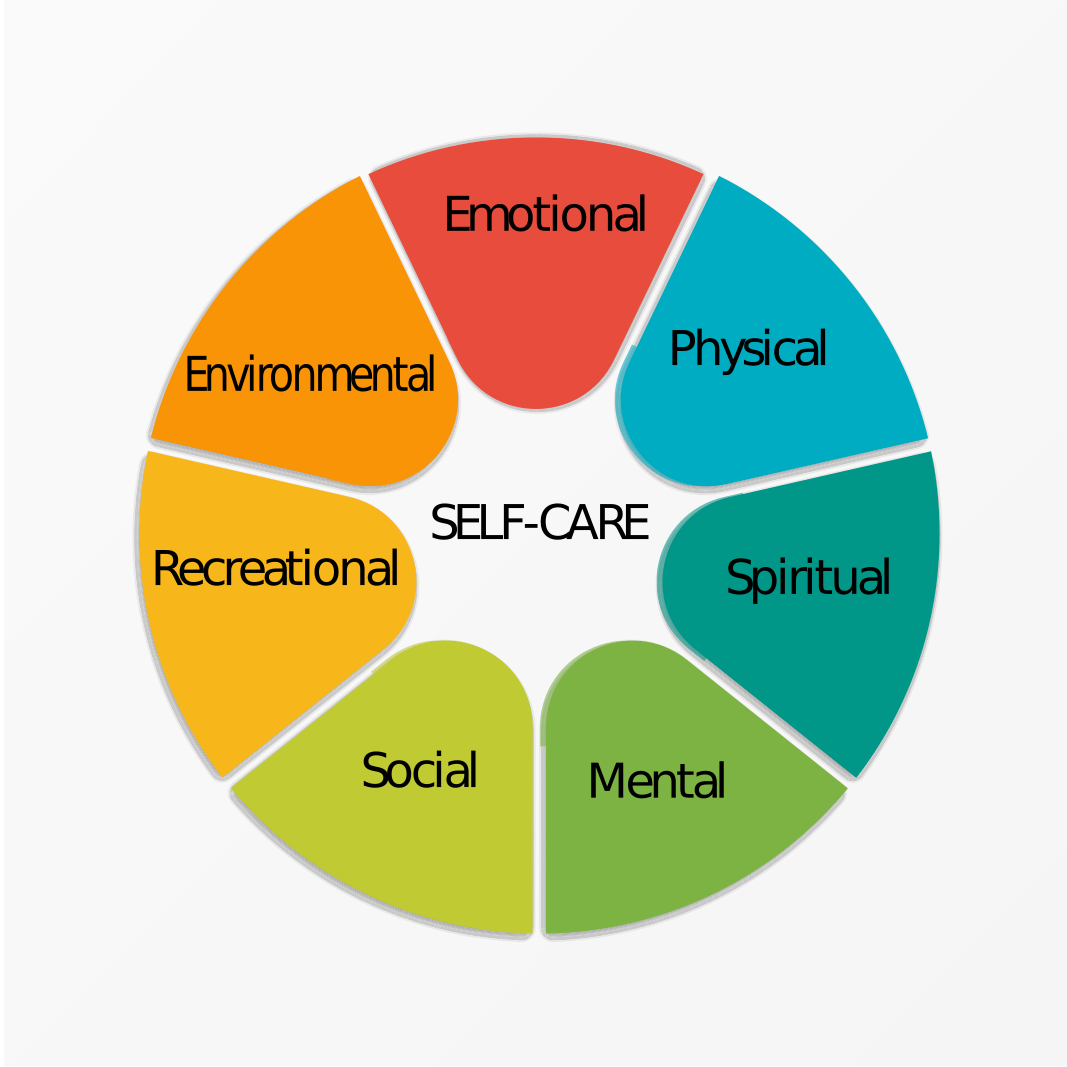We’ve all been there! I’m sure one of you has taken a medication for depression or anxiety at some point in your life and some of you may have taken them for many years! The most commonly used class of medications for depression or anxiety are the SSRI’s (serotonin reuptake inhibitors).
In general, antidepressants are meant to be taken short-term, for about 9 months for the first episode of depression and a maximum of 2 years for those experiencing further episodes or for those with recurrent relapsing depression. However, they are being prescribed for durations much longer and some experts suggest that long-term users risk permanent damage to their bodies. It’s important to understand the negative implications this can have on our body.
Function
So what is Serotonin anyway? Serotonin is a neurotransmitter produced in the brain where it performs its main functions. However, 90% of our serotonin supply is in the digestive tract. It goes without saying that any disruption in our microbiome or damage to our gut can alter serotonin production. This is where the Gut-Brain relationship comes into effect. Poor gut health can lead to lower serotonin levels and ultimately can affect our mood or our mental state. Serotonin is the key neurotransmitter that stabilizes our mood. It also helps with sleep, and digestion.
How does it function? By blocking the “re-uptake” of serotonin or basically by allowing more serotonin to circulate between our neurons. This helps regulate our mood, behavior, appetite, digestion, sleep, and memory.
Side Effects
The side effects from these medications may not present themselves during the initial phase and some may not appear for a few years. Recent studies demonstrate that SSRIs can have an “antibacterial” effect and cause damage to the body’s natural gut microbiota. Some people are generally fine and may not experience significant side effects, while others may develop more severe side effects like bleeding in the stomach, bleeding in the brain which can lead to stroke and epileptic episodes, and other unpleasant side effects such as:
- Suicidal thoughts
- Weight gain
- Reduced sex drive
- Dry mouth
- Vaginal dryness
- Headaches
- Agitation
- Gut discomfort, and gut issues like leaky gut and bloating
It’s very important to persist with treatment even if you’re affected by the side effects, because it will take time (usually 4-6 weeks) before you begin to benefit from the treatment. If the side effects become intolerable or you later decide you want to stop it, never stop abruptly! You must be slowly weaned off the medication under a doctor’s guidance.
What is Serotonin Syndrome?
Even though therapeutic serotonin levels can be beneficial, too much serotonin can cause serotonin syndrome, a situation where there is too much serotonin. This is more common when you’re taking more than one medication that increases serotonin levels, such as another antidepressant, or when taking SSRIs with St. John’s Wort (plant herb often used for depression). If you experience symptoms of serotonin syndrome, you should stop taking the medication and seek immediate medical attention.
Signs and symptoms of Serotonin Syndrome include:
- Confusion
- Sweating
- Agitation
- Muscle twitching
- Shivering
- Diarrhea
- Heart palpitations
- Elevated blood pressure
- Dilated pupils
Hyponatremia (low sodium)
Elderly people who are taking SSRIs may experience a severe fall in their sodium (salt) levels. This condition is referred to as hyponatremia. This occurs because SSRIs can block the effects of a hormone that helps to regulate levels of sodium and fluid in the body’s cells, which can be dangerous. Elderly people are more vulnerable because as we age, the body’s ability to regulate fluid levels becomes more difficult.
Sign of hyponatremia:
- Feeling sick
- Headache
- Muscle pain
- Reduced appetite
- Confusion
- Disorientation
- Agitation
- Seizures (more severe cases)
- Psychosis (more severe cases)
Frequent visits to your doctor are highly encouraged in order to follow-up and determine if a dose change is required or if a change in medication is warranted.
Take Away
Make sure your doctor looks at the root cause and considers gut dysfunction, diet and nutrient deficiencies before prescribing SSRIs. If the doctor does not cooperate, I suggest getting a second opinion, preferably from a functional medicine specialist in your area.
If you and your doctor determine that you need to be on the medication long-term, make sure that you’re feeding your gut what it needs to thrive! Consider taking gut healing nutrients like aloe vera, zinc carnosine, slippery elm, marshmallow root, collagen powder, bone broth , or L-glutamine. This will help heal your gut from any damage that may potentially be caused by the SSRI.
You should also consume enough protein. Protein acts as the building block for hormone and neurotransmitter production. So if you’re not eating enough protein or you’re not digesting and absorbing it well, this will hinder neurotransmitter production.
Of course SSRIs have their place but they should be used last resort and preferably only short-term. They should not be used as a “band-aid” effect.



